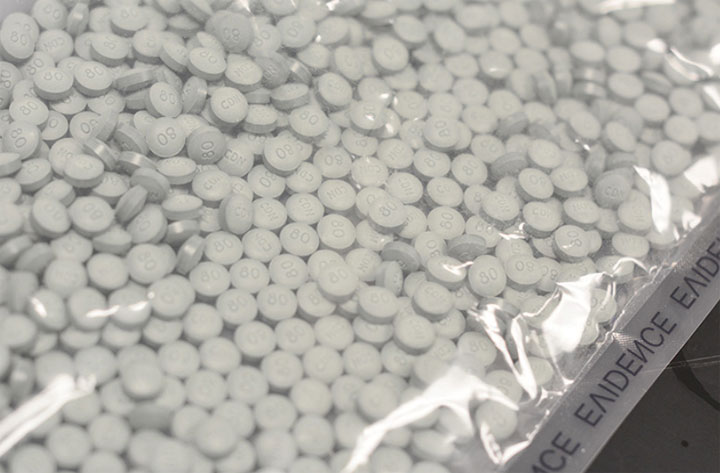SASKATOON – On Jan. 3, 2015, as 19-year-old Kelly Best lay dying on the couch of a fentanyl drug overdose, the other person in the room didn’t call 911. Instead the young man panicked, phoned his father who in turn called first responders, who declared Best deceased right there in his home.

“By the time they arrived it was just too late, there was no opportunity to revive him,” said Marie Agioritis, Best’s mom.
Now, a new bill tabled by Ron McKinnon, a British Columbia Liberal MP, would stop people from being frightened to call 911 in the event of a drug overdose.
The Good Samaritan Drug Overdose Act, if passed, would give people who call 911 to report an overdose, immunity from being charged with drug possession.
Best’s brother Kayle, a recovering drug addict, has both overdosed and seen others on the brink of death. He told Global News he has no doubts this bill will save lives if passed.
“If I knew that my friend could live, they could come and save his life, they would find my dope but I wouldn’t get in trouble for it,” said 22-year-old Kayle Best.
“Then why wouldn’t I call the cops?”
READ MORE: Why W-18, a drug 100 times stronger than fentanyl, will be hard to track
The Saskatoon chief of police said he still had to review the nuts and bolts of the bill but at a glance he would support it.
“I would say the number one priority is to save human lives if we can, so to me that makes sense,” said Chief Clive Weighill.
“I mean if we walk into a house and there’s bales of marijuana sitting there we can’t just turn a blind eye to that.”
Law enforcement wouldn’t have to, the bill would not apply to drug trafficking.
- Budget 2024 failed to spark ‘political reboot’ for Liberals, polling suggests
- Train goes up in flames while rolling through London, Ont. Here’s what we know
- Peel police chief met Sri Lankan officer a court says ‘participated’ in torture
- Wrong remains sent to ‘exhausted’ Canadian family after death on Cuba vacation
According to one Canadian report in 2012 that surveyed 450 past and active drug users, 46 per cent said in the event of an overdose they would phone 911 and leave or not phone at all, potential criminal charges was the primary reason why.
“One of the things legislation can’t address is the mind-set of people involved in the drug trade and drug use,” said Brian Pfefferle, a Saskatoon criminal defence lawyer.
“People that are involved in the drug culture are often very skeptical of the police, law enforcement and the like, people on the streets may hear about this but they’ll still be very skeptical that they”ll be treated fairly.”
Pfefferle adds that one of the side effects of many recreational drugs is paranoia which can impair someone’s ability to react to someone in harm and that the difference between drug possession and trafficking can be a bit of grey area of the law.
So far more than 30 states in the U.S. have similar legislation.
“People that I know who are monitoring it closely and have a vested interest pretty much for the same reasons I do, ” added Agioritis.
“Are fairly confident that it’s going to pass, there’s really no reason why it shouldn’t.”
If passed, the bill would be a first in Canada which is why it’s so bittersweet for her.
“Maybe it would have saved him however I’m very grateful, really, really grateful.”




Comments